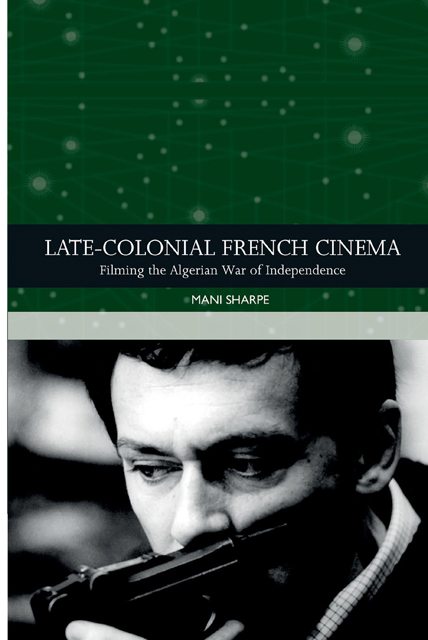1 - Conscripts and Reservists, Privatisation and Redemption
Published online by Cambridge University Press: 13 April 2023
Summary
It would be no exaggeration to identify the early 1960s – the apex of the war – as a moment in which existing spatial configurations in France, and, in particular, Paris, were not just reconfigured, but positively dismantled, and violently. Whilst American style modernisation was empowering men and women hunting for business opportunities in a country abruptly awash with them, the Minister of Culture, André Malraux, was busy disempowering many Parisians of their right to domestic stability through a campaign of urban renovation known as ‘The Law of the Seven Monuments’. According to this legislation, tenants living in quartiers such Montparnasse, Belleville and Le Marais did not have the right to appeal when their building was destined for evacuation, destruction or sandblasting (the whitening of facades). Residents forced out of already claustrophobic living spaces were promised temporary housing that frequently never materialised (Feldman 2014: 41–74). The capital, meanwhile, was suddenly inundated with communities from colonised or formally colonised countries – Algeria, Morocco, Tunisia – jostling alongside some of the approximately 1 million European settlers who had felt compelled if not forced into exodus from Algeria in the months preceding and following the attainment of Algerian independence (see Chapter 6 for more details about this community). Writes Bernard Marchand:
instead of following carefully calculated and accurately executed orders, those responsible for the construction of Paris [in the early 1960s] progressed in fits and starts, with long periods of negligence separated by outbreaks of fever, in which barriers were suddenly breached. (1993: 290)
One of the most important late-colonial films in this respect was Chris Marker and Pierre Lhomme’s documentary, Le Joli Mai/The Lovely Month of May (1963), which represented Paris as city fractured into radically different zones: some developed, others undeveloped, some modern, others archaic. Hence the ways in which the documentary juxtaposes scenes of the then-nascent district of la Défense – a conglomeration of corporate enterprises and jutting skyscrapers – against footage shot in a racially marginalised shanty town in Nanterre, positioning the documentary in proximity to other ‘shanty town’ films such as Les Enfants des courants d’air/Draft Children (Luntz, 1959), L’Amour existe/Love Exists (Pialat, 1961), La Poupée/The Doll (Baratier, 1962), Nanterre un jour/Nanterre One Day (Cuau, 1962), and Octobre à Paris/October in Paris, by Jacques Panijel (1962; see Chapter 7).
- Type
- Chapter
- Information
- Late-Colonial French CinemaFilming the Algerian War of Independence, pp. 33 - 55Publisher: Edinburgh University PressPrint publication year: 2023



